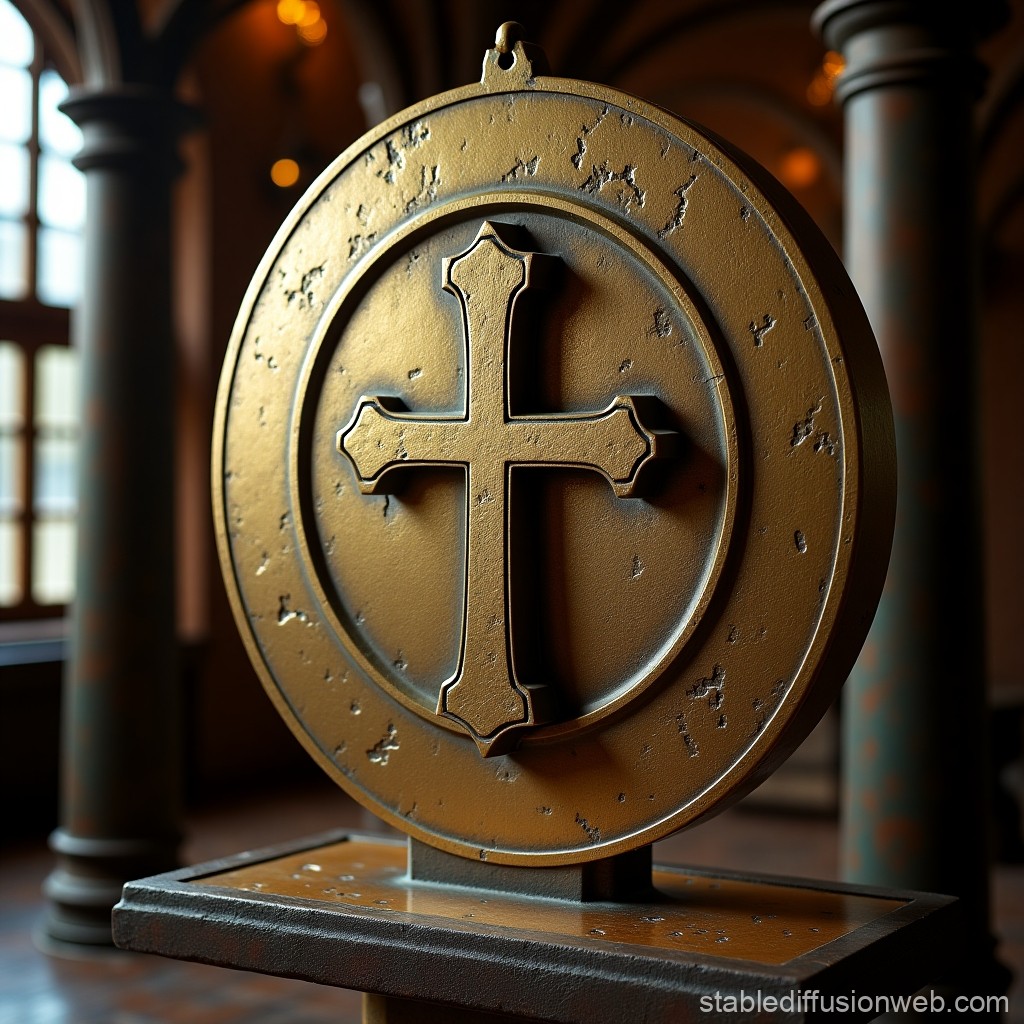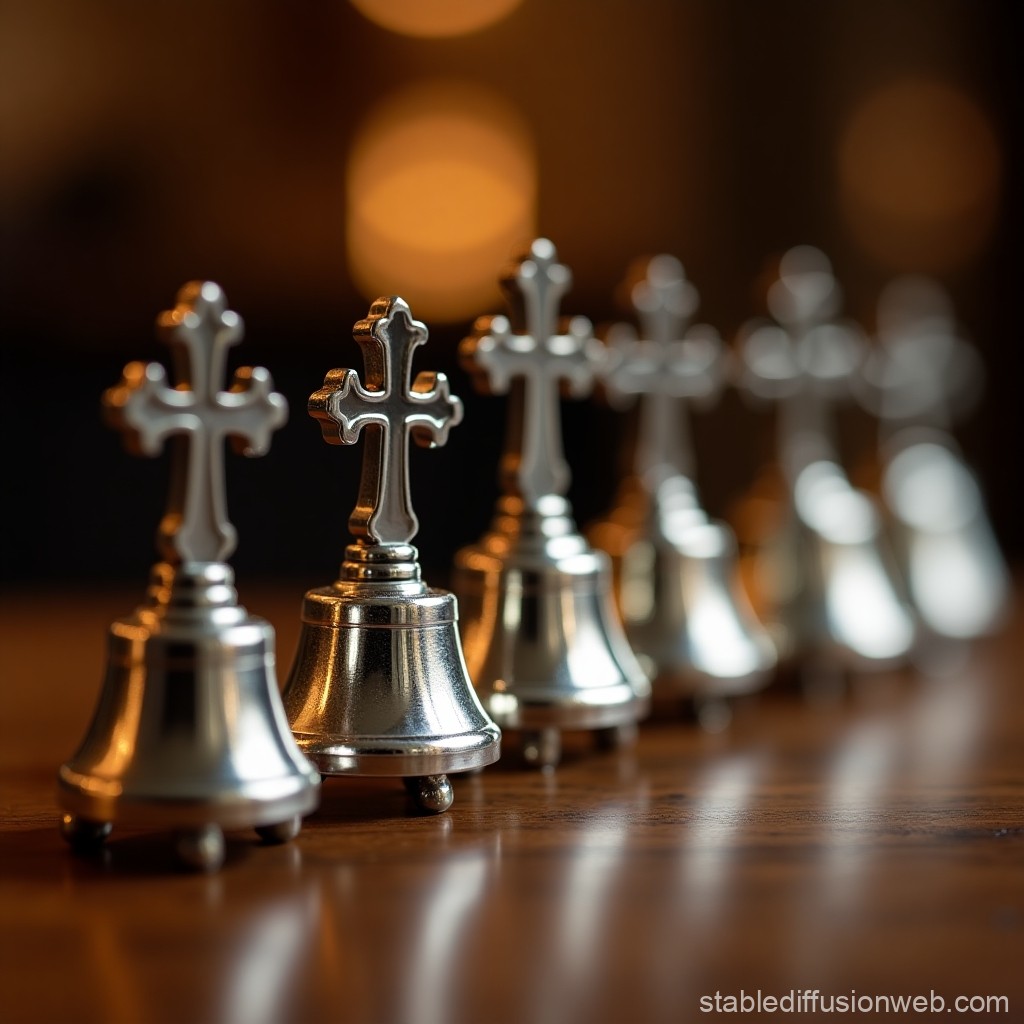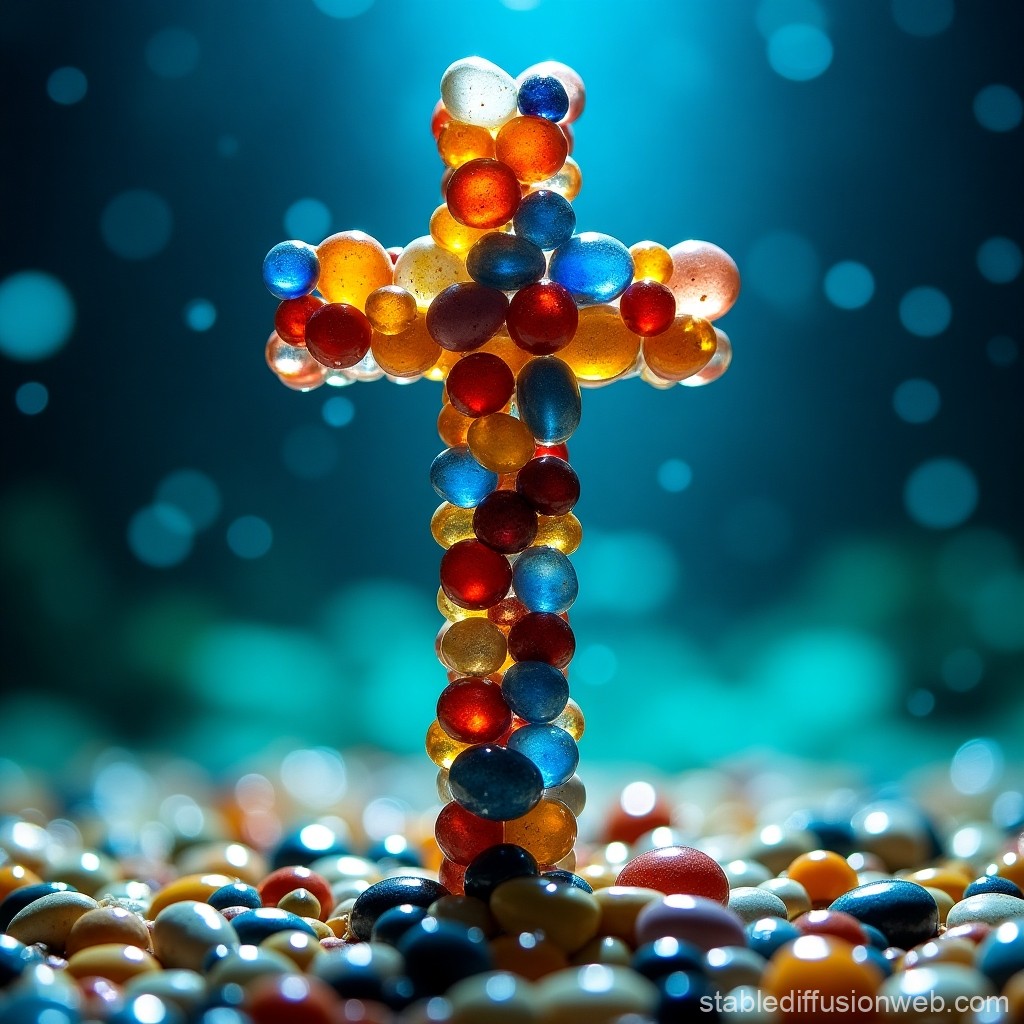My latest playlist.
Too many people write this off as a simple story, fit only for children. They forget the fact that Jonah was a historical figure, mentioned in 2 Kings 14 – a patriotic prophet who foresaw victory and restoration of Israel’s fortunes.
You would have thought he would have been eager to predict doom and destruction on Israel’s enemies – but instead he did something totally illogical. He tried to run away from God. A situation he explains in chapter 1, verse 9 of his story. Jumping into a boat to evade the One who created both land and sea is insane. But Jonah did it.
It’s as if he’s declared to the Almighty, “I refuse to fulfill my destiny! What are You going to do, kill me?” This is why we see Jesus referring to the sign of Jonah. After three days of contemplating his fate, Jonah resolves that God is God, and that he must do His will – whatever the cost to his dignity.
And What a cost! Imagine this haggard and bleached specimen, dried out and dusty from his travel inland to Nineveh, calling out that this huge sprawling metropolis will be swept away in God’s judgement.
And then all heaven broke loose! As Jonah waited for destruction to fall; the city turned in repentance, God stayed his hand and Jonah, the great prophet was made to look like a presumptuous fool. The man who got it wrong.
And here’s the kicker. Jonah had seen God’s mercy from that first instant when he was called to speak truth to power in Nineveh. He knew that if he spoke out, and the people turned from evil, God would spare them – spare the mortal enemies of Israel; so that when Israel turned from God, there would be an alien nation ready to deliver God’s judgement to them.
You can appreciate his flawed thinking. “If I don’t preach, they will be swept away without warning, and my own sinful people will be safe for another generation.”
Jonah must have realised the futility of trying to run away from his fate. After all, no-one is indispensable. God could have raised up any number of successors to Jonah and sent them to Nineveh. But He wanted Jonah. Looking back through the lens of the Gospel story we glimpse why.









